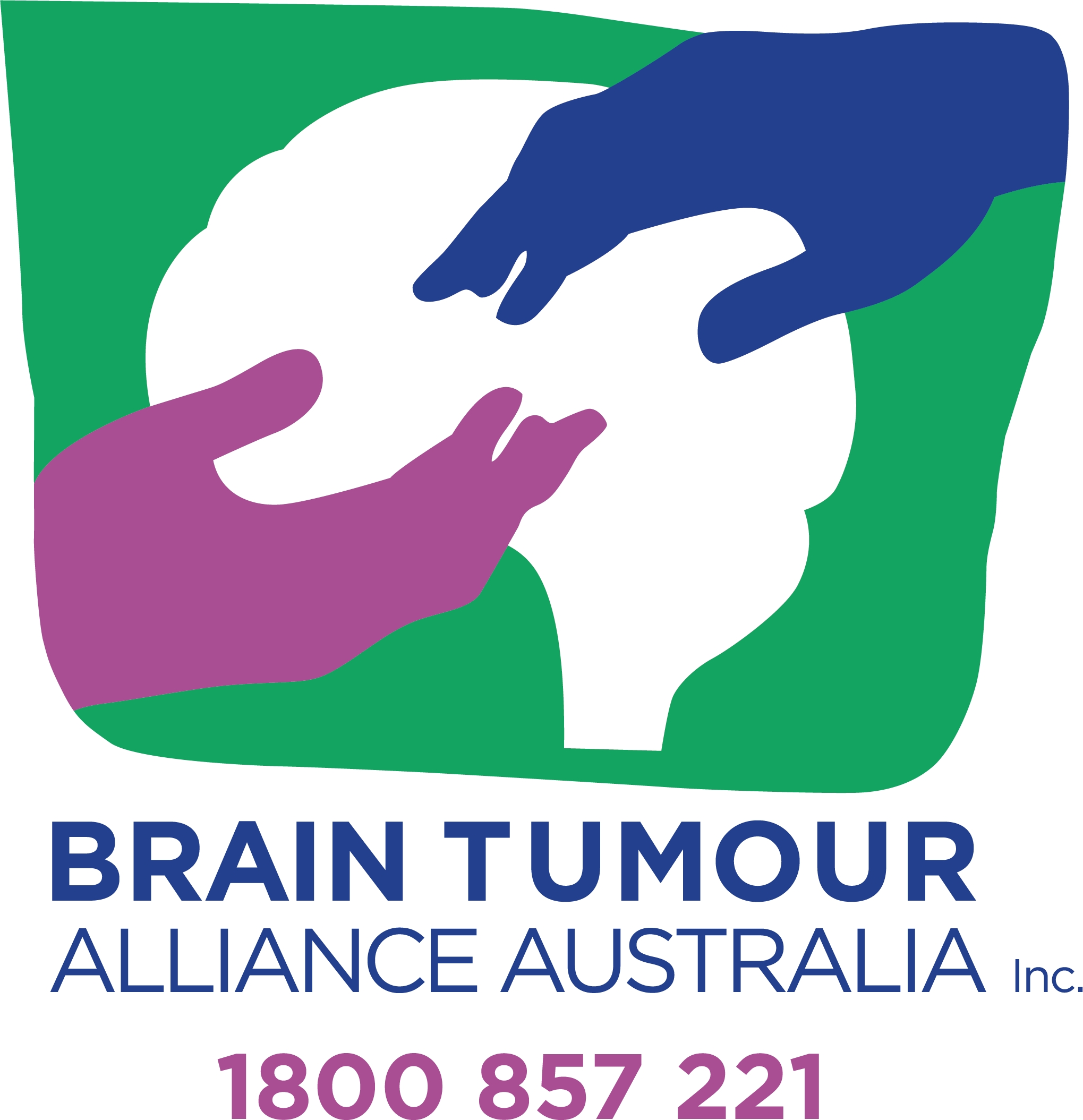BTAA Cancer Australia Project
In February/March 2016, BTAA was successful in being awarded a Cancer Australia (CA) grant providing co-funding for a project to develop new brain tumour resource materials, including for culturally and linguistically different (CALD) communities.
The members of the project Steering Committee were: Dr Danette Langbecker (Research Fellow, Centre for Online Health, The University of Queensland), Dianne Legge (Brain Tumour Support Coordinator, Olivia Newton-John Cancer Centre, Austin Health, Melbourne), Sally Payne (IBTA, Sydney), and Dr Jonathon Parkinson (Neurosurgeon, Royal North Shore Hospital and Sydney University).
The Steering Committee was assisted by the Project Team - Tricia Berman, Susan Pitt, Janet Micallef, Rigoula Roussakis, Philip Steel and Annabelle Wilson (representing Cure Brain Cancer Foundation).
In the first year, the Project Steering Committee and Project Team held meetings and agreed to two possible new resources based on ‘It’s Okay to Ask’ and a pictorial map of the Brain Tumour journey, with information for the doctor to complete for each patient. The Team also compiled a list of existing brain tumour resources available in Australia.
In November 2016, the Steering Committee decided to go through an Ethics Committee process to get approval for the conduct of brain tumour patient consultation on the two new resources. Approval was granted in May 2017 by The University of Queensland.
In September 2017, six Focus Groups engaging brain tumour patients and carers were held in Brisbane, Sydney and Melbourne. Dr Danette Langbecker (a Steering Committee member for the project) led the consultations.
In 2018, the project completed the design of the two resources and commenced translation into the following languages:
• Arabic
• Simplified and Traditional Chinese
• Greek
• Italian
• Vietnamese
• Tagalog
• Hindi
• Punjabi
• Dari
• Spanish
The translation was undertaken by Polaron, a Melbourne based firm. Polaron also tests its translations with experts in each of the languages to ensure ease of understanding.
A flyer was also prepared to advise of the availability of the two new resources in the different languages.
Additionally, the project identified an existing NEMICS video involving three high-grade glioma patients' stories, which was also translated using subtitles.
The preparation of the brain tumour patient resources for both English speaking and CALD patients is unique. No other country has provided resources in the same number of languages for its brain tumour patients and so the resources are likely to be frequently read on the internet. It is hoped that the new resources and videos will be widely used across countries to provide SUPPORT to brain tumour patients.
The new materials have been placed on the BTAA website (see here) and are easily downloaded and printed in whichever language is required. Medical staff will now be able to provide brain tumour pathway information in the language of choice for patients and their families.
Thanks to Cancer Australia, The University of Queensland and NEMICS for your assistance in producing the new resources for patients.
A national launch of the new resources was held in Capital Cities in the first half of 2019.

